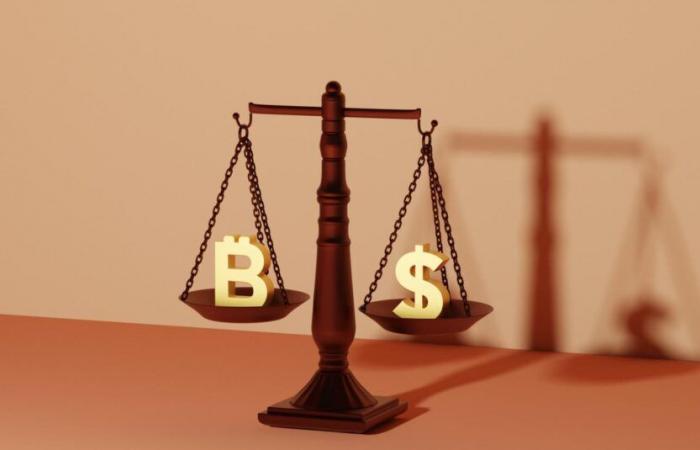I have been predicting for months that the American central bank will lose its independence (constitutionally acquired in 1913) and be placed under the control of Donald Trump. It is now almost certain, especially since the omnipresent Elon Musk is a follower of the theories of Friedrich Hayek (1899-1992), whose works Margaret Thatcher (1925-2013) had made her bedside books.
Like Hayek, Musk is a libertarian, even going so far as to advocate the coexistence of the dollar with a stock of bitcoins held by the American authorities. Musk also tweeted that he imagines repaying the American debt with cryptocurrencies, without understanding that it would instantly ruin the American banking system and implode the financial planet, devoid of its systemic reference, that is to say the dollar.
But what exactly was Hayek’s idea? Contesting the monetary neutrality postulated by classical economists, Hayek proposed a system of competition between different currencies, private and public, within which the least reliable currency would gradually lead to the hoarding of the most stable currency. He thus pleaded for the denationalization, or even the dismantling of currency in a system of free competition, arguing that currency was fundamentally politicized. Through a process of natural selection, fragile currencies would eventually disappear in a perpetual, and therefore never successful, quest for monetary monopoly. Hayek’s idea excludes the existence of a stationary monetary state, because any dominant currency would be constantly challenged by another.
This system of monetary competition was adopted by certain countries, such as Canada (between 1891 and 1934), Scotland (between 1716 and 1845) and the United States (between 1837 and 1863), where commercial banks were allowed to issue their own banknotes as long as they are covered by their gold equivalent. Hayek’s theories are thus linked to the “Free Banking” movement, of which Adam Smith (1723-1790) and David Ricardo (1772-1823) were among the first supporters. This school of thought, now neglected, advocated total competition between commercial banks, without the slightest control from a higher authority, such as a central bank or a financial regulator. Commercial banks could have issued their own currency, while maintaining a standard currency defined by the State.
Friedrich Hayek shared precepts close to those of the Frenchman Léon Walras (1834-1910), one of the most famous mathematicians in economics and a supporter of monetary neutrality. Supporter of the Classical School, Léon Walras affirmed that an economy moves towards equilibrium within the framework of perfect competition. This assertion led him to the theory of Walrasian trial and error, which can be summarized, like a stock market, as a place of exchange where prices are formed by iterations until the intentions of supply and those of demand coincide.
Everything happens as if the capital and labor market were a huge sales room, run by an auctioneer who displays the price of goods and services. Equilibrium is reached when the factors of production are sold at auction, based on their marginal value. Léon Walras asserted that general equilibrium could be achieved solely on the basis of the scarcity of a resource. It conditions this trial and error on a set of conditions intended to ensure pure and perfect competition, including the atomicity of supply and demand, the free entry of participants into the market, as well as the transparency and fluidity of the latter. . These conditions are obviously never met, but their filigree is close to the objectives of the neoliberal doctrine which leads to the atomization of work in order to allow optimal return on capital.
If all this comes to fruition, it will lead to a loss of confidence in the dollar, which means the ultimate financial risk: Armageddon. And against this, there is no escape, since the dollar is consubstantial with the monetary system.






